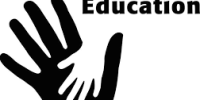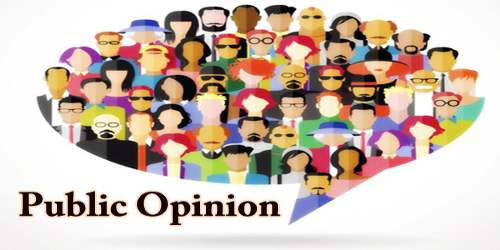Gender inequality refers to the unequal treatment and opportunities that exist between individuals of different genders, typically favoring men over women. It manifests in various forms, including disparities in access to education, employment opportunities, pay, health care, and political representation.
According to a study from the Business School at The University of Western Australia, women who adapt to changes in their work teams are recognized more than their male counterparts.
In a paper published in the Journal of Organizational Behavior, UWA co-authors Dr. Joseph Carpini and Associate Professor Alex Luksyte, in collaboration with Professor Sharon Parker (Curtin University) and Associate Professor Catherin Collins (The University of New South Wales) found that being an adaptive team member was one way women could address ongoing gender inequities in the workplace.
“While women are a vital segment of the workforce, it’s well-recognized that their performance at work is often underappreciated,” Dr. Carpini said.
“We know that gender stereotypes interfere with how work behaviors are perceived and valued and stereotypes help explain why women’s work contributions might be taken for granted.”
Contrary to popular belief, males are observed and rewarded for acting in stereotypically masculine ways, according to research.
Dr. Luksyte said the differences underpinned how the work-related behaviors of women and men were perceived and evaluated and how they contributed to ongoing workplace inequalities.
The research has practical implications for performance appraisal systems that might integrate recognition for being adaptive to change. Employees, and in particular women, should be encouraged to be flexible when working with others as they may benefit. Even though we found women were recognized more, men weren’t punished or ignored, so they shouldn’t be discouraged from being adaptive when working with others.
Dr. Joseph Carpini
In a notable departure from previous studies on the gendered nature of work, the study team sought to determine whether adjusting to changes would be a special kind of professional behavior for which women were not only acknowledged but also rewarded.
“Team member adaptivity is a unique type of work behavior because it encompasses stereotype-consistent elements for women, such as being collaborative and cooperative, while doing so to achieve organisationally functional goals like effectiveness,” Dr. Carpini said.
“To respond to rapid changes during COVID, organizations had to rely on their employees’ adaptive performance when working interdependently, something known as team member adaptivity, with things like adapting to new virtual team processes, dynamic team structures and evolving team goals.”
Addressing gender inequality requires efforts at both individual and societal levels. This includes promoting gender equity through policies and laws, challenging gender stereotypes and biases, supporting women’s education and empowerment, and creating a culture that values diversity and inclusivity.
The researchers came to the conclusion that women who participated in team adaptivity were appreciated more than men, and they supported this conclusion with data from three investigations. They claimed that the findings were innovative because women’s activities at work were frequently disregarded and underappreciated.
“The research has practical implications for performance appraisal systems that might integrate recognition for being adaptive to change,” Dr. Carpini said.
“Employees, and in particular women, should be encouraged to be flexible when working with others as they may benefit. Even though we found women were recognized more, men weren’t punished or ignored, so they shouldn’t be discouraged from being adaptive when working with others.”
















